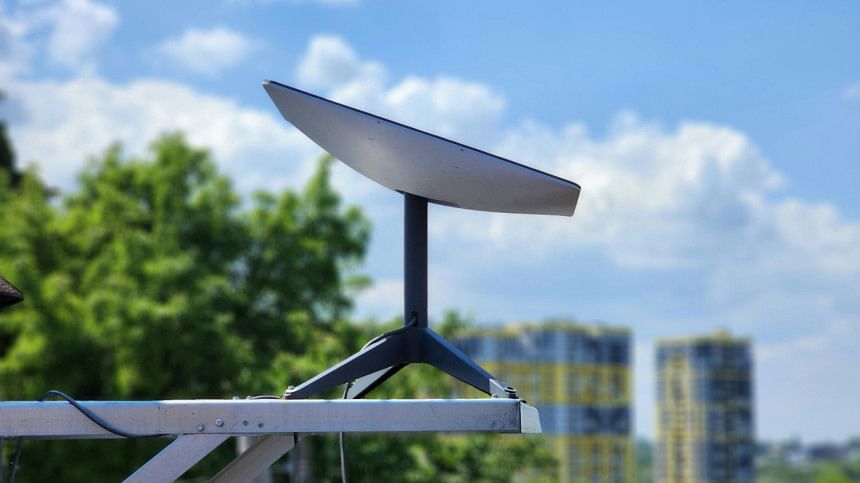You can get up to $100,000 for hacking Starlink's network

Want to get paid big bucks for hacking satellites? Elon Musk's Starlink is offering security researchers and ethical hackers up to $100,000 if they can crack its global satellite internet network - legally.
As of February 11, 2025, the company's bug bounty program on Bugcrowd has already paid out for 118 vulnerabilities, with an average reward of $1,466.66 per bug over the last three months. The program boasts rapid response times, with 75% of submissions accepted or rejected within just two days.
Big bucks for big flaws
The bounty program divides targets into two categories:
1. Web/network vulnerabilities:
- Remote Code Execution (RCE): Up to $50,000
- SQL Injection (SQLi): $500–$50,000
- Cross-Site Scripting (XSS): $100–$10,000
- Cross-Site Request Forgery (CSRF): $100–$5,000
- Authentication bypass: Up to $50,000
- Privilege escalation: $500–$50,000
2. Hardware/satellite systems:
- Case-by-case rewards up to $100,000 for critical flaws in Starlink dishes, routers, or backend infrastructure
- Evaluated based on attack vectors, persistence, and potential damage
Researchers can submit findings through SpaceX's Bugcrowd portal.
Why the huge rewards?
With over 7,000 satellites in orbit, Starlink has become critical infrastructure - especially for remote areas and conflict zones. As the service expands to new markets like Bangladesh, where it has recently begun testing high-speed satellite internet, SpaceX is proactively crowdsourcing security expertise to stay ahead of threats.
However, while the program offers lucrative rewards for finding vulnerabilities, Starlink maintains strict ethical hacking guidelines to protect its network integrity. Researchers must avoid any testing that could disrupt service for other users and are limited to conducting physical attacks only on hardware they personally own - no tampering with shared infrastructure is permitted.
Importantly, the program explicitly prohibits satellite hacking or chaining exploits to perform post-exploitation activities; if you suspect you've discovered a satellite vulnerability, you must immediately stop testing and report your findings.
With its massive satellite network becoming increasingly vital - and potentially vulnerable - Starlink is putting serious money behind its security. For ethical hackers, that $100,000 top bounty could be life-changing - if they can find it first.
Ready to hunt? Just remember: This is about securing the network, not breaking it. Malicious hackers need not apply.

 For all latest news, follow The Daily Star's Google News channel.
For all latest news, follow The Daily Star's Google News channel. 









Comments